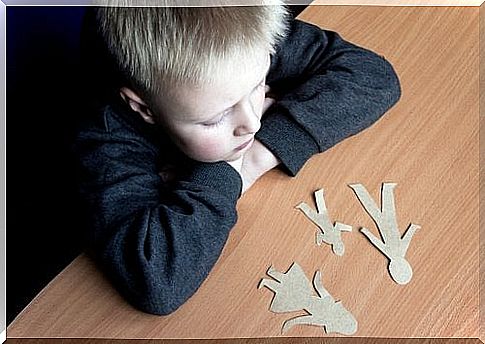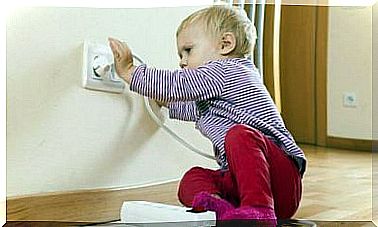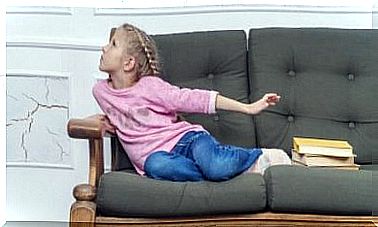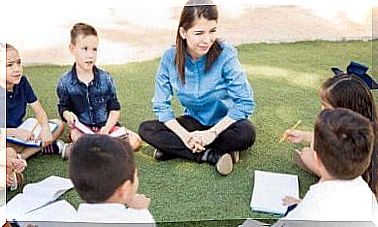What Does Joint Custody Mean?

For many families, joint custody is the best option when it comes to divorce, as it allows children to spend time with both parents.
Divorce is one of the hardest things that can happen to a couple. It’s almost always the last resort.
For children, who often just want to see their parents together forever , a breakup can seem even more unfair and confusing.
Children are not responsible for the situation. It is important that parents act as maturely as possible in order to minimize the suffering of their children.
In this article, learn all about the legal arrangement that could determine the future shape of your family.
What is joint custody?
Joint custody is a legal arrangement that states that both parents are responsible for the upbringing of their children, even if the marriage is dissolved.
That means sharing time, duties, and rights for the child. The agreement clearly states that the costs of raising children are borne by both parents.
Traditionally, when a couple separated, it was the mother who took full custody of the children, while the father received visiting rights.
This situation is generally not ideal for children who want to spend much more time with their father.
If the parents share custody, the child will spend approximately the same amount of time with both parents. That way nobody is left out.
How long the child lives with each parent depends on each family. Each parent can have custody for alternate months, weeks, or days.

What are the requirements for joint custody?
Some experts have argued that child joint custody is less traumatic because neither parent figure is absent from their daily lives.
Of course, joint custody is not suitable for every family. For such an arrangement to work, both partners must have a warm parenting relationship.
In addition, parents who share custody usually live close together. In some cases, parents who live in different cities can live with one parent or two for months.
The law cannot cover every scenario. The family judge cannot set out every detail in the family’s life that dissolves.
For joint custody to work, both parents need to agree on what is best for their child’s wellbeing.
Another way to be clear about this legal process is that joint custody does not start with divorce.
It starts when a couple makes the decision to have a child. From that moment on, both have parental responsibility.
Getting an appropriate joint custody agreement doesn’t have to be overly complicated, as long as both parents can agree on what’s best for their children.
Joint custody: advantages
Joint custody has several advantages for families:
- Joint custody respects the children’s right to constant contact with both parents.
- It fulfills the emotional need for a mother and father figure.
- Choosing to share custody can reduce tension between parents.
- Children don’t feel as though they have to choose between their mother and father.
- It reduces the risk of children feeling guilty about the divorce.
- It improves communication between parents.
- Neither of the two parent figures is more important than the other in the children’s lives.
- Since parents need to communicate openly, shared concern increases the children’s chances of accepting and understanding the separation.
- It reduces the chances of the children becoming estranged from a parent.

Joint custody: disadvantages
The main disadvantages of joint custody include:
- The process of adapting to life between two houses.
- The child must have their essential belongings in their parents’ two houses.
- Organizing routines can be tricky when the parents are going through a breakup.
- Both parents must follow the child’s normal schedule. Good communication between both parents is crucial. Constant changes in a child’s everyday life can lead to emotional upheaval.
Getting an appropriate joint custody agreement doesn’t have to be overly complicated, as long as both parents can agree on what’s best for their children.
Despite the pain associated with a marriage breakdown, communication with your ex-partner is absolutely necessary for joint custody to work.
The fact that the relationship didn’t work doesn’t mean that you and your partner won’t be able to be good parents to your little ones.
Joint custody is a way of dealing with this situation that is of great benefit to all involved.









